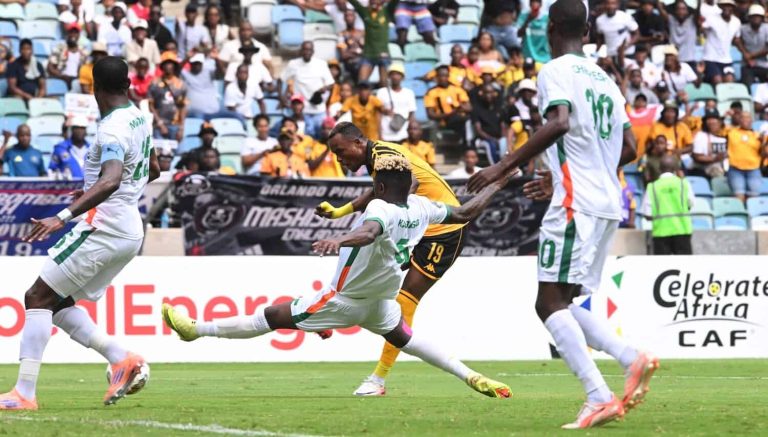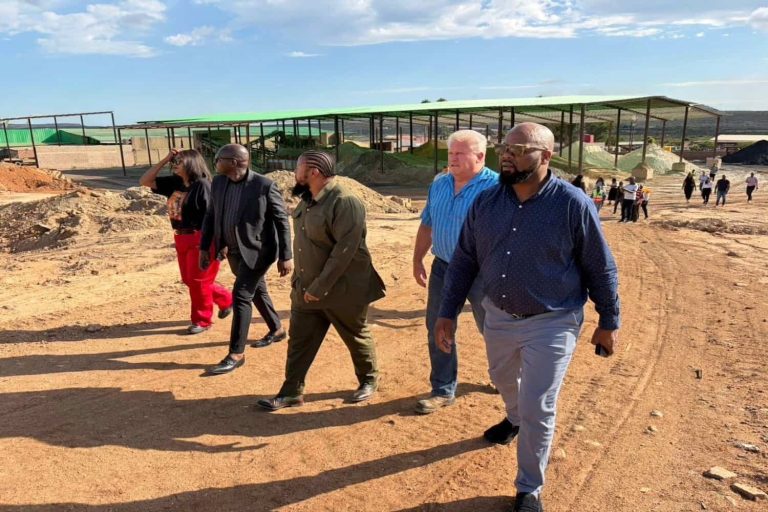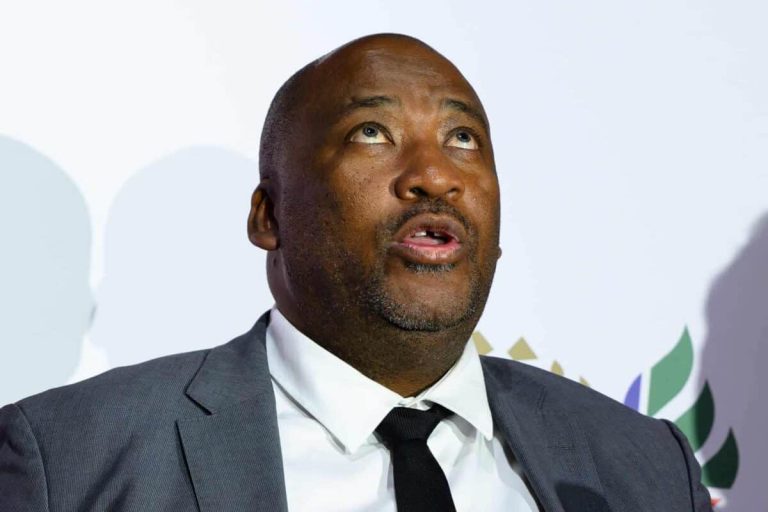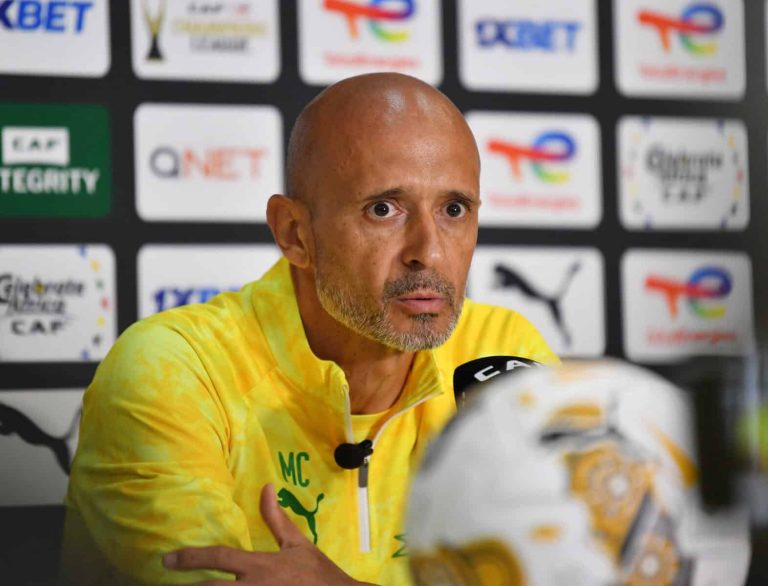
As the world marks 25 years of the UN’s Women, Peace and Security (WPS) Agenda, the organization says gender equality remains crucial for lasting peace — a message echoed across the Americas, where progress and persistent challenges coexist.
Speaking in an interview with UN News, Americas Division Director at the UN Department of Political and Peacebuilding Affairs (DPPA), Laura Flores, said “The resolution was a real game-changer.
“People finally started recognizing that women aren’t just affected by conflict, they’re also key to resolving it. It’s about ensuring women have a seat at the table when peace is negotiated and that their voices shape recovery and security”, she added.
According to a UN release dated October 31, 2025, nearly 700 million women lived within 50 kilometres of deadly conflict last year. The UN Secretary-General’s report on Women, Peace and Security also recorded an 87 per cent rise in sexual violence over the past two years, while nine out of ten peace processes excluded women negotiators.
Despite these challenges, Flores noted progress in the Americas, which recorded the highest average of women in parliament globally, with Caribbean countries averaging 41 per cent, South America 31.9 per cent, and Central America 30.8 per cent. She highlighted that countries such as Mexico, Chile, and Colombia have adopted foreign policies promoting gender equality in diplomacy, peacebuilding, and development.
“These policies are still new and need strong support and coordination to take root, but they’re a sign of progress,” she said.
The UN continues to support member states in implementing the WPS Agenda through various initiatives. However, Flores described gender-based violence in the region as alarmingly high, with at least 11 women murdered every day in Latin America. She added that political violence and digital harassment targeting women leaders are also rising, while women’s participation in politics remains limited in some areas.
“The region has momentum, but it needs protection, investment, and political will to keep moving forward,” Flores stressed.
She also underscored the vital role of Indigenous women in peacebuilding and democracy. “Indigenous women are often hit hardest by conflict, but they’re incredibly resilient and central to peace efforts,” she said.
As the UN commemorates 25 years of the Women, Peace and Security Agenda, Flores said the contributions of women leaders, including Indigenous advocates, embody the spirit of Resolution 1325, which calls for greater representation of women in decision-making on peace and security.



